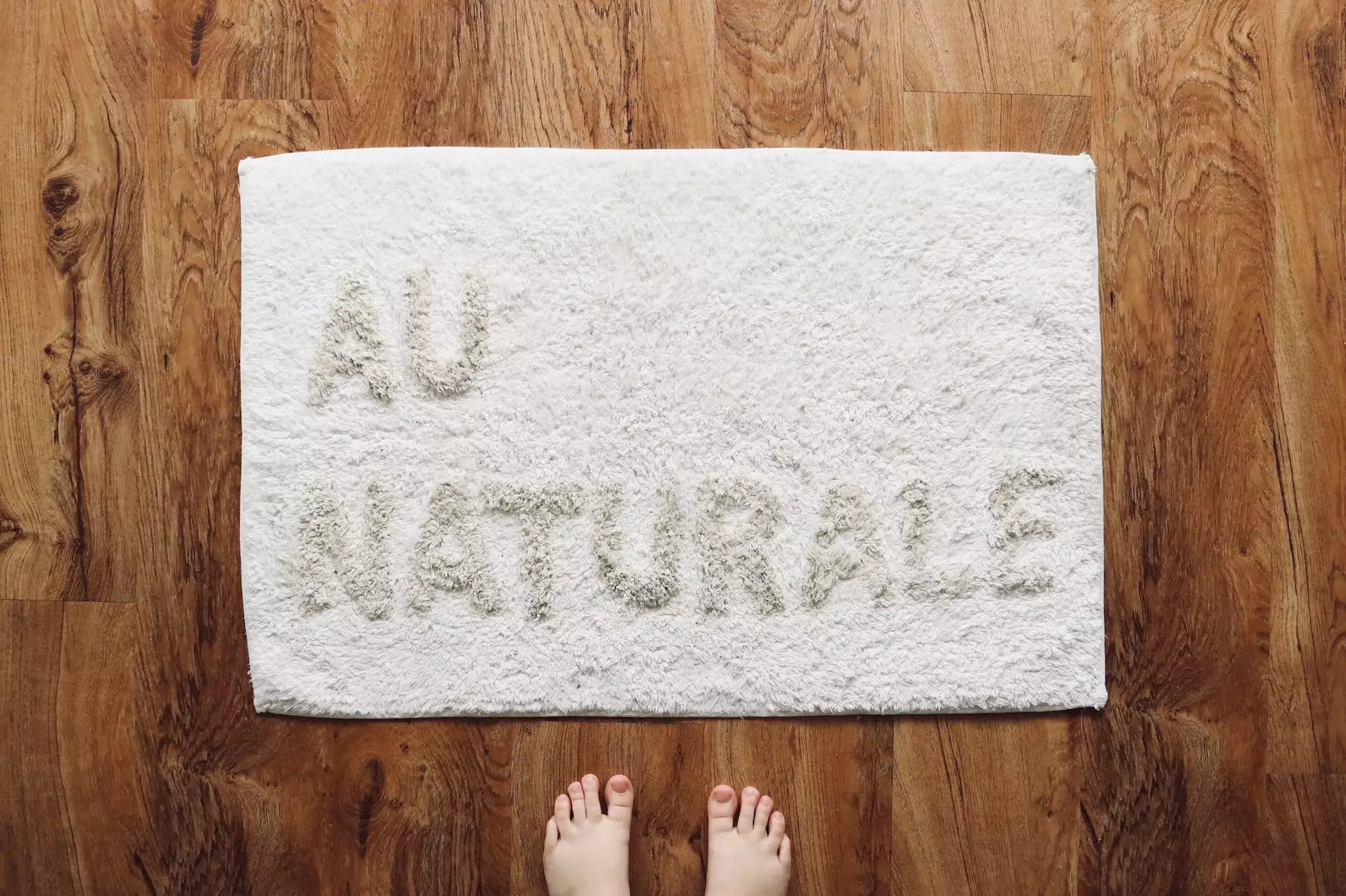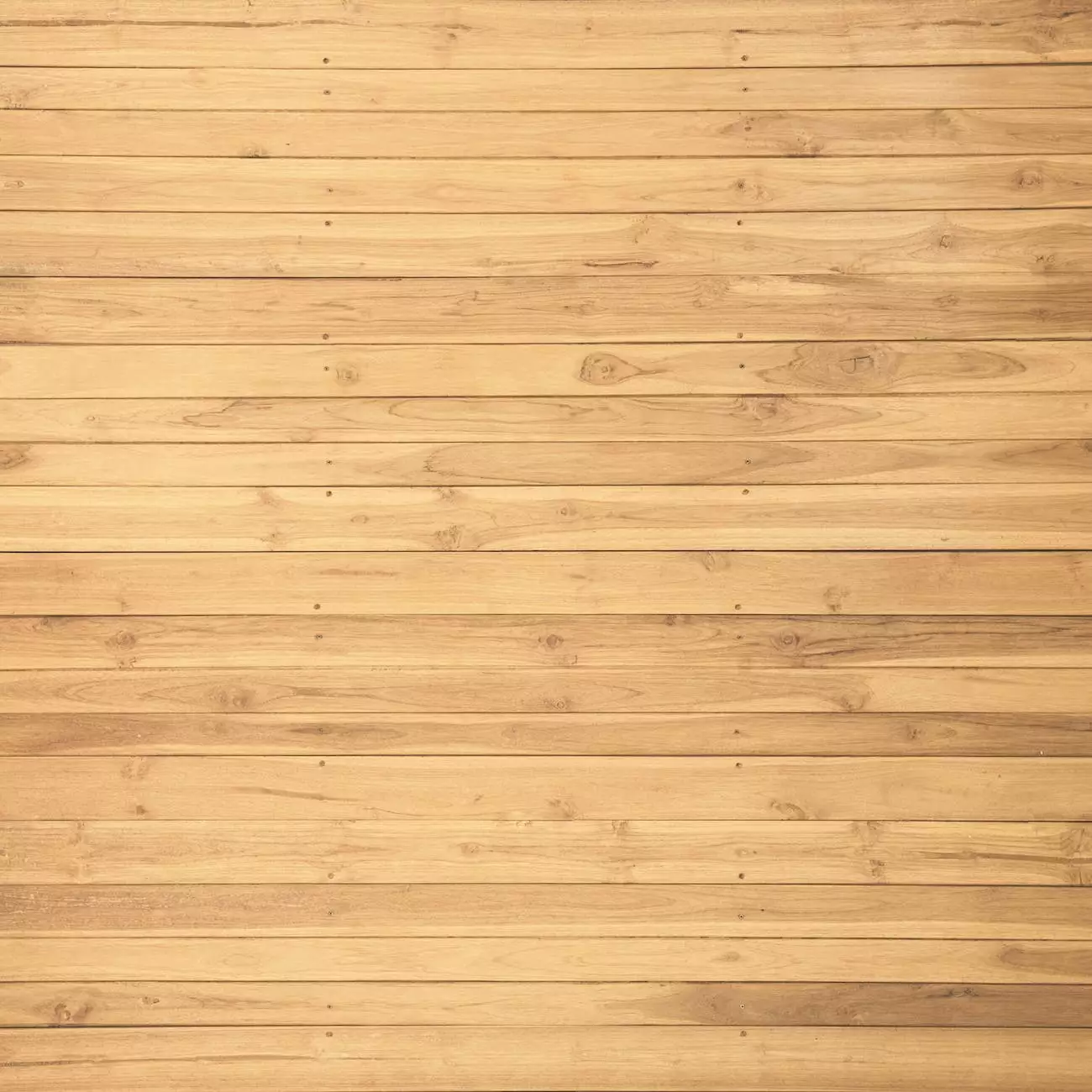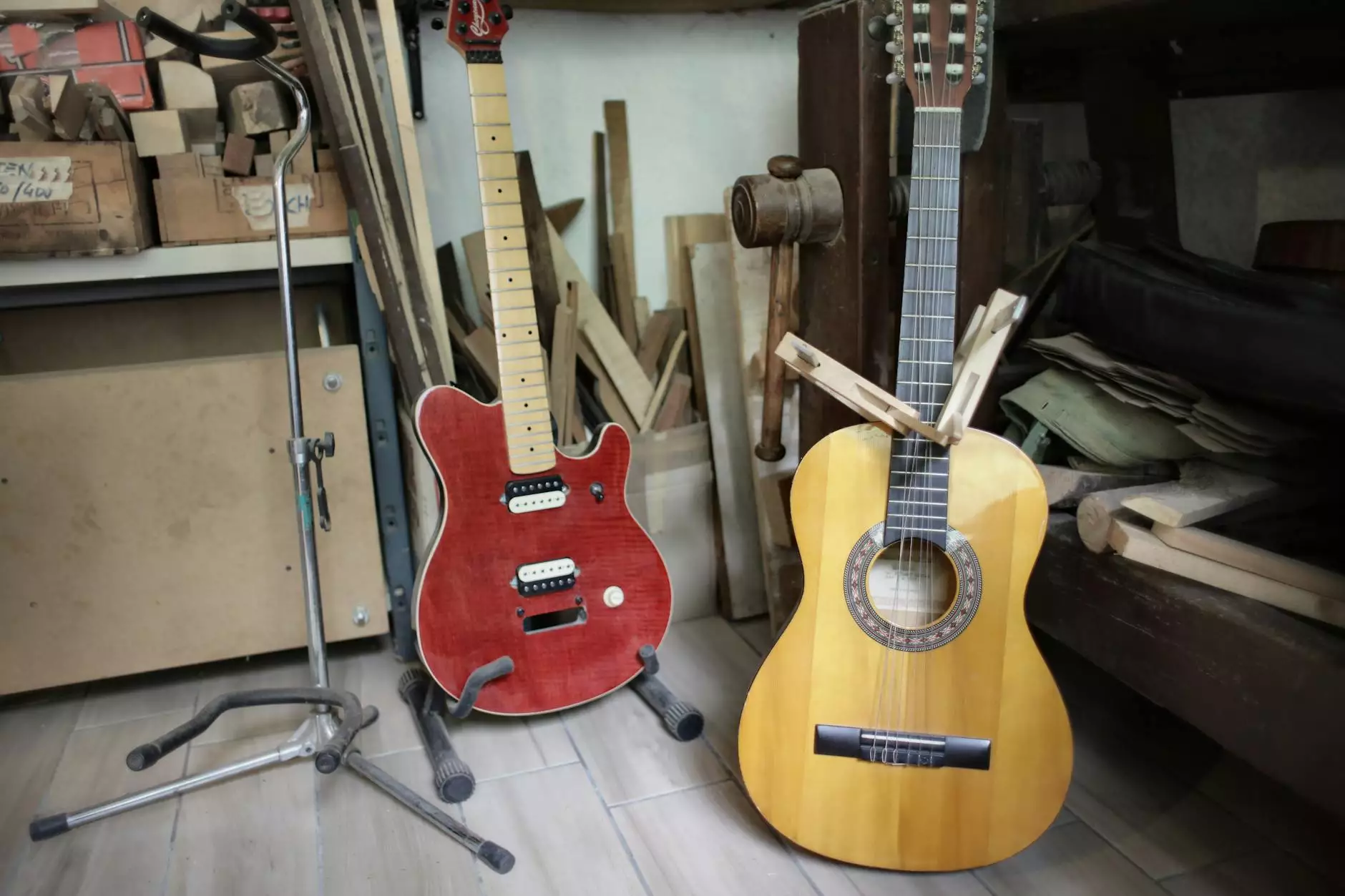Guide to Choosing Solid Or Engineered Hardwood Flooring
Flooring Options
Introduction
Welcome to JC’s Flooring, your ultimate destination for high-quality wood flooring products and installation services. In this comprehensive guide, we aim to provide you with all the necessary information to make an informed decision when choosing between solid or engineered hardwood flooring for your home.
Why Choose Wood Flooring?
Wood flooring offers timeless beauty, durability, and adds value to your home. It creates a warm and inviting atmosphere, enhancing the overall aesthetic appeal of any room. Whether you opt for solid hardwood or engineered wood, both options offer unique benefits that suit different needs and preferences.
The Difference Between Solid and Engineered Hardwood
Before we dive into the selection process, let's understand the key differences between solid and engineered hardwood:
Solid Hardwood
Solid hardwood flooring is crafted from a single piece of natural hardwood. It provides unmatched authenticity and durability. Solid hardwood can be sanded and refinished multiple times, making it a long-lasting investment. It is best suited for above-grade installations, such as living rooms, dining rooms, and bedrooms.
Engineered Hardwood
Engineered hardwood flooring consists of a top layer of natural hardwood veneer bonded to multiple layers of high-quality plywood or composite material. This construction offers stability, flexibility, and resistance to moisture, making it suitable for below-grade installations such as basements and kitchens. Engineered hardwood can also be sanded and refinished, although fewer times compared to solid hardwood.
Factors to Consider
When deciding between solid or engineered hardwood flooring, consider the following factors:
1. Location and Environment
Assess the area where the flooring will be installed. If you live in a humid environment or plan to install the flooring below ground level, engineered hardwood is a wise choice due to its increased resistance to moisture.
2. Durability
If longevity is a top priority, solid hardwood flooring is an excellent option. It can withstand heavy foot traffic and can be refinished multiple times to maintain its original appearance.
3. Budget
Consider your budgetary constraints. Solid hardwood tends to be more expensive than engineered hardwood. However, it also adds substantial value to your home.
4. Aesthetics
Think about the look you want to achieve. Solid hardwood showcases the natural grain and warmth of the wood, while engineered hardwood offers a wide variety of styles and finishes.
5. Installation
Consider the ease of installation. Engineered hardwood often comes in a click-lock or tongue-and-groove system, making it easier for DIY enthusiasts. Solid hardwood may require professional installation due to its nail-down or glue-down methods.
Conclusion
Choosing between solid or engineered hardwood flooring depends on various factors, including your location, budget, desired aesthetics, and installation requirements. At JC’s Flooring, we offer a wide range of high-quality wood flooring options to suit every need. Our experienced team is here to assist you throughout the selection and installation process, ensuring a stunning and durable result that transforms your living space. Contact us today to get started on your wood flooring journey!










